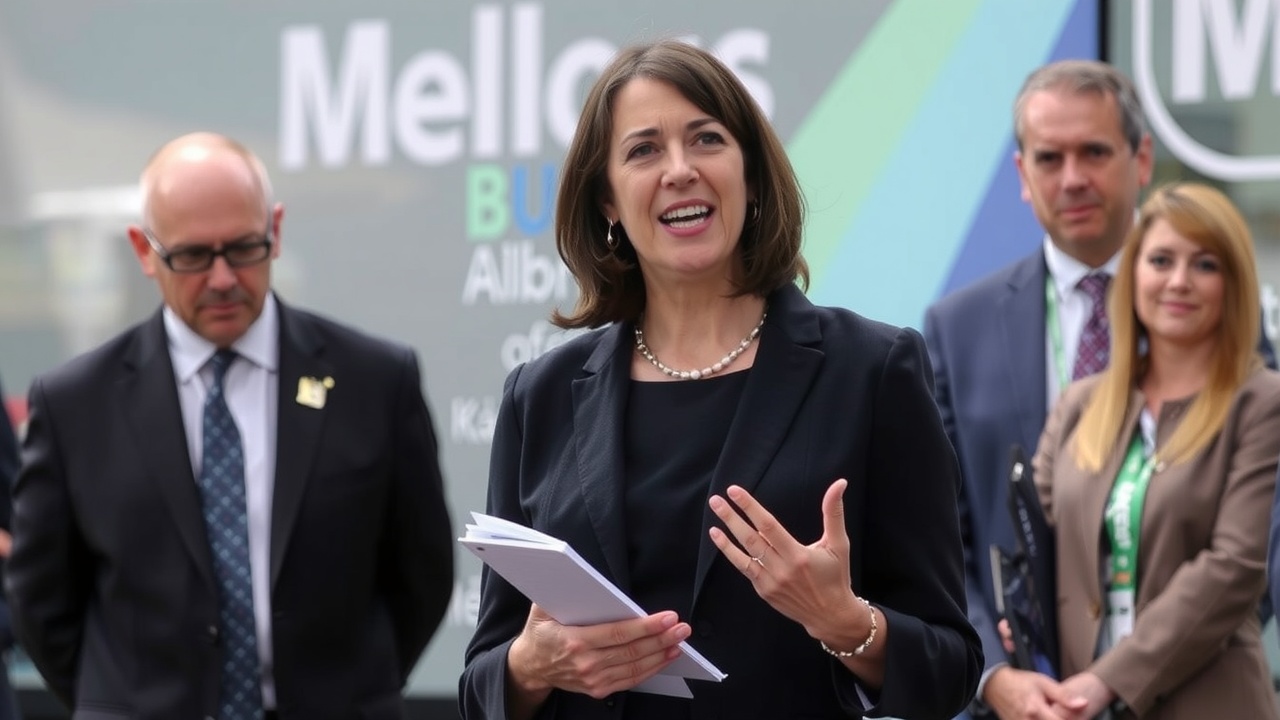
With a record £2 billion increase in NHS funding, additional funding for schools, and infrastructure investments, Labour's Spending Review left much to ponder and celebrate But is it a case of "spend now, tax later"?
This was Labour's first Spending Review and its final attempt to persuade voters that the party is capable of restoring economic growth and stability for Britain.
Since we haven't seen a Spending Review since the Covid pandemic and 2015, the Labour government was always going to take advantage of the occasion to make a big show out of it and tell us how taxpayer dollars would be spent.
With chancellor Rachel Reeves outlining the government's plans for allocating funds to the various departments, including a 29 billion dollar cash infusion to help the NHS recover and implement projects like digital transformation and mental health support for schools, there was much to be happy about. She also announced infrastructure investments for towns outside of London, promised to spend £11 billion on defense, and promised to use AI and technology to improve public service delivery while cutting costs and increasing efficiency.
There are concerns about whether Labour can actually afford it and whether there is a genuine plan in place to deliver without incurring additional unanticipated costs, even though Reeves praised Labour's choices and how the tough choices made in the Autumn Budget will help deliver on these measures.
In addition, Labour was compelled to amend one of its most contentious rulings concerning the winter fuel payment. Last summer, Labour told everyone that the payment would only be available to those on specific benefits. This week, they announced that nine million pensioners would receive it, making it available to a wider group. Labour is expected to lose £1.25 billion as a result of this change of heart. When a policy is reversed, it is never a good sign and raises questions about whether Labour is truly in control of spending.
Reeves may be trying her hardest, as the Spending Review shows, but will she turn to the rich and raise taxes if expenses get out of hand?
Will the Autumn Budget of 2025 include an increase in taxes?
Never say never when it comes to politics and tax increases. According to experts and think tanks, Reeves is likely to have to balance the books because she has led the government down a very ambitious path.
Think tanks and experts believe that tax increases are likely to be announced in the Autumn Budget, but it may be best to wait and see. It is a sticking plaster for tax increases, according to the ICAEW.
"No matter what steps are taken between now and the Autumn Budget, tax increases are now all but inevitable in light of the chancellor's decision to greatly increase defense and health spending. "The government's sticking plaster approach continues to be a barrier to tackling the nation's long-standing issues," stated Alison Ring, director of public sector and taxation at ICAEW.
According to experts, there must be a clear plan with some leeway, or Labour may find itself in a precarious position where it lacks the funds to make the investments that will boost the economy.
Since it's early and a lot of economic data is still to be released before the Autumn Budget, do you think taxes will go up? We might see better-than-expected economic growth if we are lucky.
Laith Khalaf, head of investment analysis at AJ Bell, stated, "But equally the fiscal position could deteriorate before the Budget, leaving an even bigger black hole to be filled by tax rises or welfare cuts." "Unless she wants to be the first chancellor to raise the tax since 2011, Rachel Reeves will also need to find some money to keep the fuel duty freeze in place.














Leave a comment on: Does Rachel Reeves's Spending Review portend a new round of tax hikes?